
Can Dogs Eat Noodles? Noodles are not toxic or poisonous to dogs, but they offer no nutritional benefits to dogs. Noodles are quite high in carbohydrates and should not be added to a dogs’ diet as it can cause your dog to gain weight, ultimately leading to problems such as heart disease. It is also important to note that if you do decide to give your dog pasta, it should be cooked and given without any sauce or added ingredients.
Busy? Get Your Hands Paws On The Answers Quickly…
- Are Dogs Allowed Noodles?
- What Are The Different Types Of Noodles?
- Alternative Snack Options to Pasta for Dogs
- FAQs
Although noodles are not toxic or poisonous to dogs, they’re not recommended to be included in a dog’s diet. Noodles are a high carbohydrate food. If dogs consume too many carbohydrates, they can become overweight, which has serious implications and can even be fatal. Below we have outlined the health benefits and concerns in more depth.
Health Benefits
Vitamin B
This vitamin plays a vital role in promoting good health in your dog. Thiamine helps to regulate your dogs’ energy as well as their carbohydrate metabolism. Riboflavin (B12) helps to encourage enzyme function.
Vitamin E
This vitamin is a fat-soluble nutrient that is very important for the development and growth of your dogs’ muscles. It also acts as an antioxidant that helps protect the cells from bacterial damage.
Iron
Dogs need iron in their diet to help develop their red blood cells. A lack of iron will cause the bone marrow to produce much smaller red blood cells, thus lowering the amount of oxygen intake. A deficiency in iron is known to cause anemia. In worst-case scenarios, anemia will cause your dog to need a blood transfusion.
Magnesium
Magnesium is another vital mineral for dogs. Magnesium helps the dog’s body to process as well as functioning the nerve system and muscle mobilization. If you notice a change in your dogs’ muscle strength or tone, this could be down to a lack of magnesium. Foods that have high levels of magnesium include; tofu, whole grains, fish, and nuts.
Calcium
This is an essential mineral for dogs; not only does it improve a dog’s teeth and bones, but it also helps clot blood properly and strengthen, contract, and lengthen their muscles. It also plays a pivotal role in producing and maintaining cells.
Health Concerns
No Raw Pasta/Noodles
Raw pasta or noodles can be tough for dogs to digest as well as posing a threat of them choking. If you are going to give your dog pasta or noodles, ensure it is thoroughly cooked (soft), making it easier for them to swallow and digest.
Weight Gain
Due to the slightly high levels of carbohydrates, if you’re thinking of adding noodles to a dogs’ diet regularly, you should think otherwise. It’s ok to give your dog noodles now and then, but regular consumption of noodles will cause your dog to put on weight. Having an overweight dog can cause them serious implications; they may develop diabetes or have heart problems, which could be fatal if left untreated!
WHAT ARE THE DIFFERENT TYPES OF NOODLES?

Buckwheat/ Soba Noodles
Buckwheat is very nutritious and is a good option for anyone (including dogs) who suffer from grain allergies, as the noodles are gluten-free. You can give your dog an occasional treat of this type of noodle, but of course, like any other human food, it should be given in moderation.
Egg Noodles
This is a valuable source of vitamins and minerals, especially protein. Ensure they are cooked well as raw egg noodles can irritate your dogs’ stomach.
Udon Noodles
Surprisingly, there are dog-specific udon noodles on the market. They are lower in calories and contain small amounts of sodium. This is ok to use for a treat now and then but should not be part of their staple diet.
Instant Noodles
These are a big no-no. Instant noodles tend to have high levels of salt and come in seasoned flavors. Any seasoning on food can cause dogs serious problems and irritate their stomach, stay away from these noodles!
ALTERNATIVE SNACK OPTIONS TO PASTA FOR DOGS

Apple
Apples contain high levels of vitamins A and C. These are delicious and refreshing snacks for your dogs. When frozen, apples are excellent for a dog’s teeth.
Rather than chewing away at a bone or stick, a frozen apple works as well, if not better. As well as this, it also helps to remove any residue of a dog’s teeth, resulting in a better smelling breath!
Bananas
Bananas are high in potassium, vitamin B6, and vitamin C. Some highly qualified veterinarians recommend this fruit as a natural replacement for shop-bought treats that can be high in fat and calories. However, like with all ‘human’ foods, it should be given to your dog in moderation and ensure they’re not allergic to it.
Bananas are best peeled and sliced for your furry friend; however, if they do eat the skin, you do not need to worry as it is not toxic. Finely slicing the banana into small chunks will help avoid any potential choking.
If you have mentally stimulating dog toys, for example, a kong, you can mush the banana up and put it inside the kong, this works great and keeps your dog occupied for an extended period of time.
Beets
You may ask yourself, can my dog eat beets? The answer is yes! However, as with any other food, it should be given in moderation, and your dog closely monitored in case of any allergens. Beets are a great source of fiber, vitamin B9/ folate, manganese, iron, vitamin C, and potassium.
Blueberries
Blueberries are an excellent choice of snack for your dog. They are super low in calories yet have high amounts of vitamin C & K, fiber, and antioxidants. Vitamin C and fiber are important components of a canine’s diet, as well as the antioxidants that help fight off diseases, illnesses and decrease the risk of arthritis in older dogs.
Blueberries also make an excellent choice of snack due to their size—no need for slicing and dicing, straight out of the packet into your dog’s bowl. Ensure you don’t leave the blueberries alone with your pup; otherwise, there’ll be some mighty clean up operation to come!
Squash
All varieties of squash are safe for dogs to eat. Butternut squash is full of healthy vitamins and nutrients; these include; Vitamin A, B6, C, Folate, and Magnesium. These enhance your dog’s health and can help cure any stomach bugs that lead to diarrhea. Squash also has antioxidants that act as an anti-inflammatory, ideal for older dogs fighting arthritis.
FAQS
Is Cheese Bad For Dogs?
Cheese is safe for your dogs to eat; however, the high fat count can cause your dogs to become overweight if they eat it regularly. Cheese works as a great treat if you’re training your dog from a young age.
Can Dogs Have Peanut Butter?
In short, yes, they can. However, some peanut butter contains xylitol, which is toxic to dogs. Therefore when purchasing peanut butter for your dog, you should check the labels and ensure your product is xylitol free. Peanut butter works as a great treat and can also go inside a kong, which is a fun, enjoyable, and stimulating game.
Why Do Dogs Eat Grass?
There is no scientific study to conclude precisely why dogs like eating grass. However, there are several theories and experiences to show why dogs may be chomping down on the green stuff. These include; boredom, nutrient deficiency, unwell or nauseous, the taste is too good to resist, or it’s naturally in their DNA.
Looking for more pawsome posts? Check these out…
Can Dogs Eat Lettuce?
How To Make A Snuffle Mat
When Do Puppies Lose Their Teeth?
Can Dogs Eat Broccoli?
Can Dogs Eat Watermelon?
Disclaimer: Each dog is different, and every circumstance is different. All efforts have been made to provide accurate information. However, it is not provided by a qualified Veterinarian, Veterinarian Surgeon, or Behaviorist. The information provided is purely educational. The information should not be used as an alternative or substitute for medical care. If you have any health or medical concerns, contact a qualified Veterinary Surgeon or Veterinarian immediately.
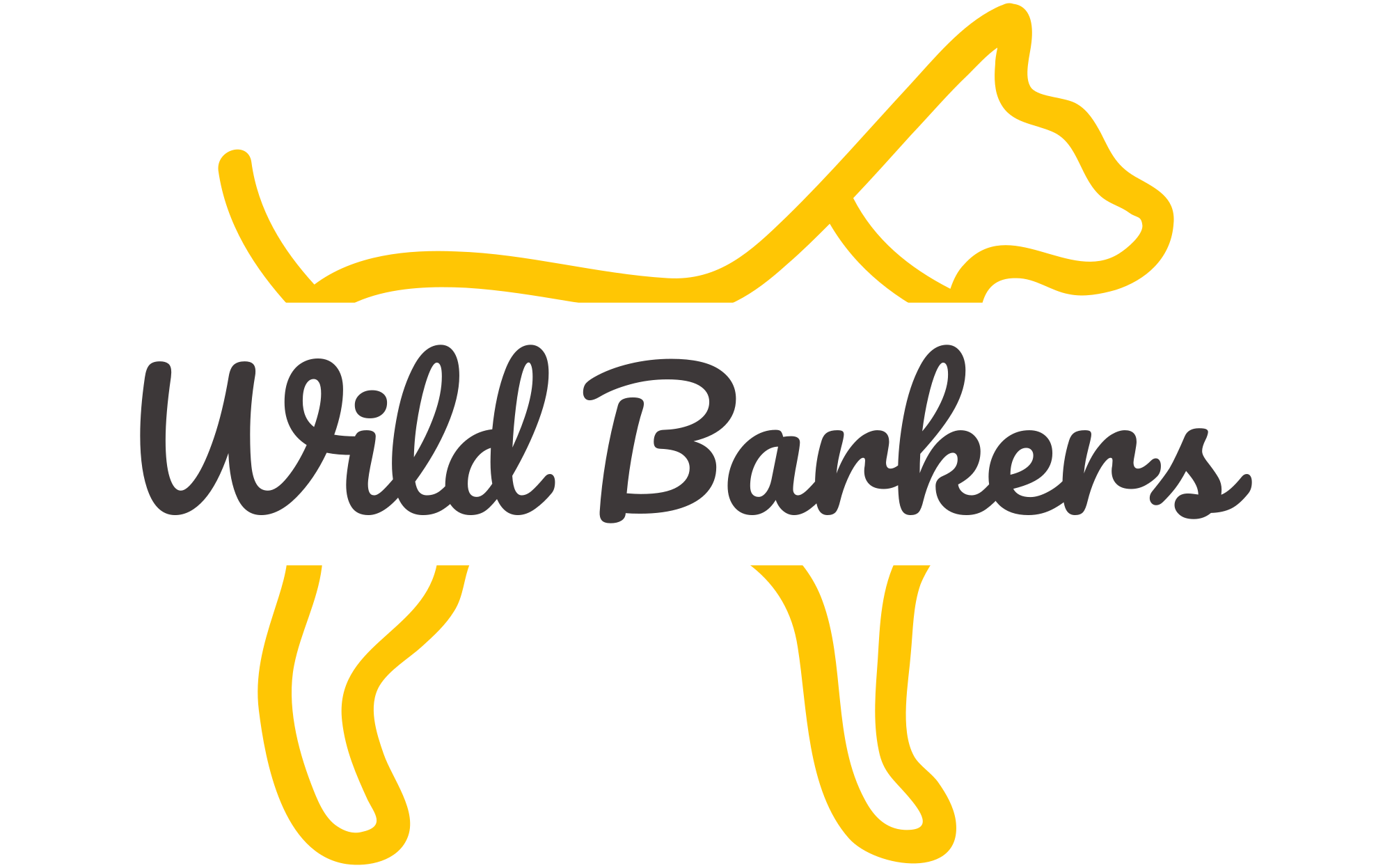

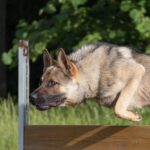


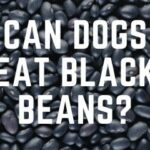
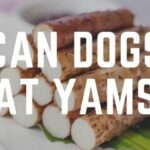
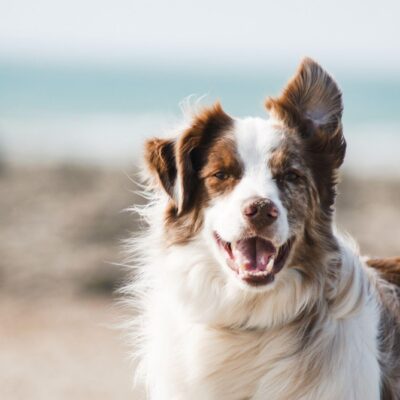
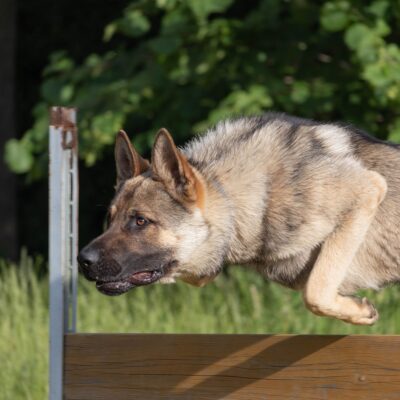
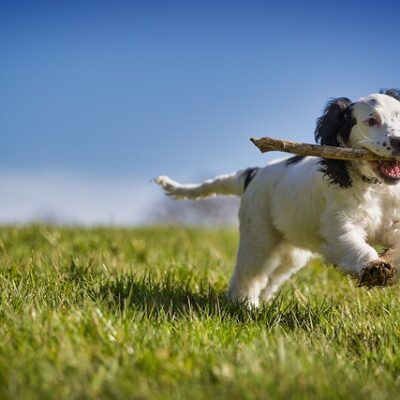
No Comment! Be the first one.